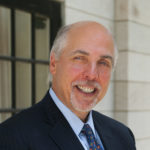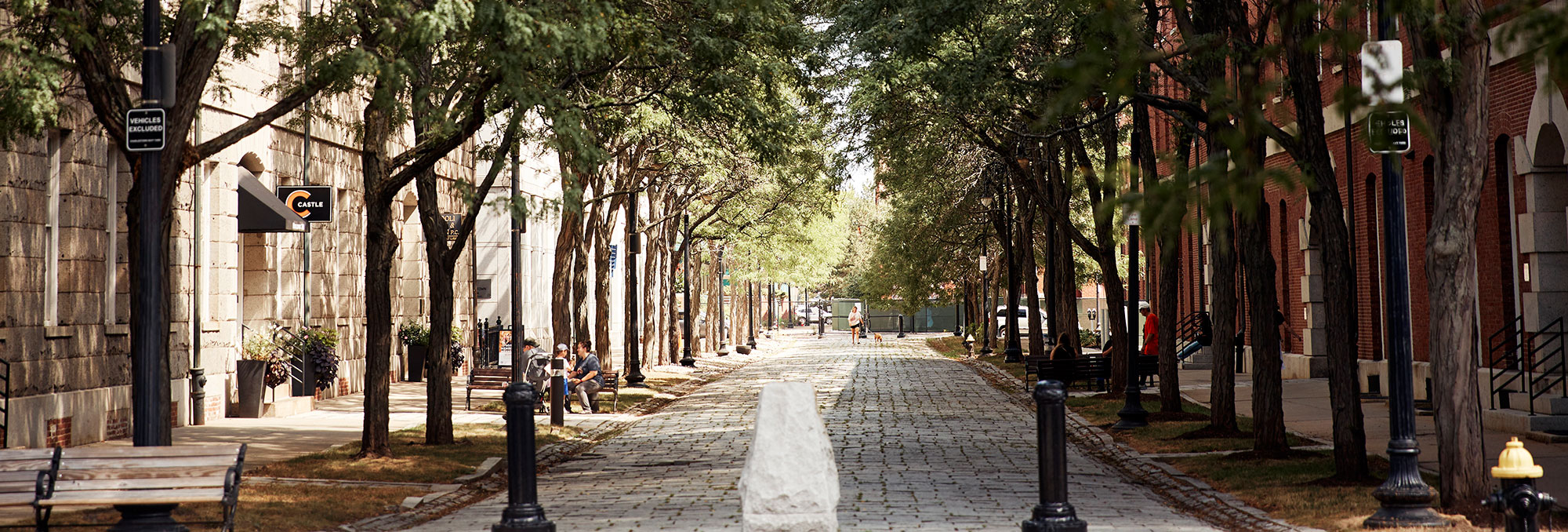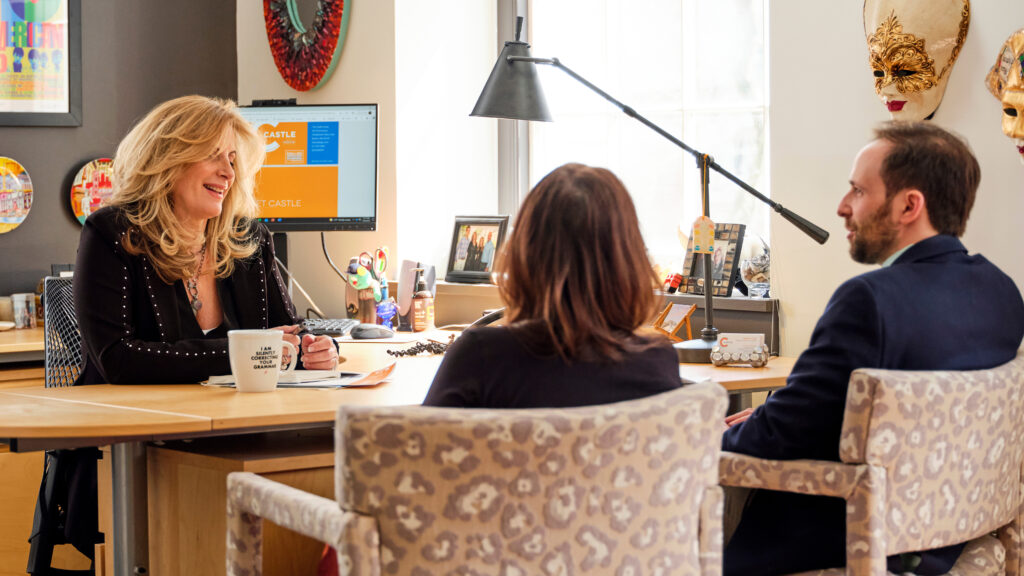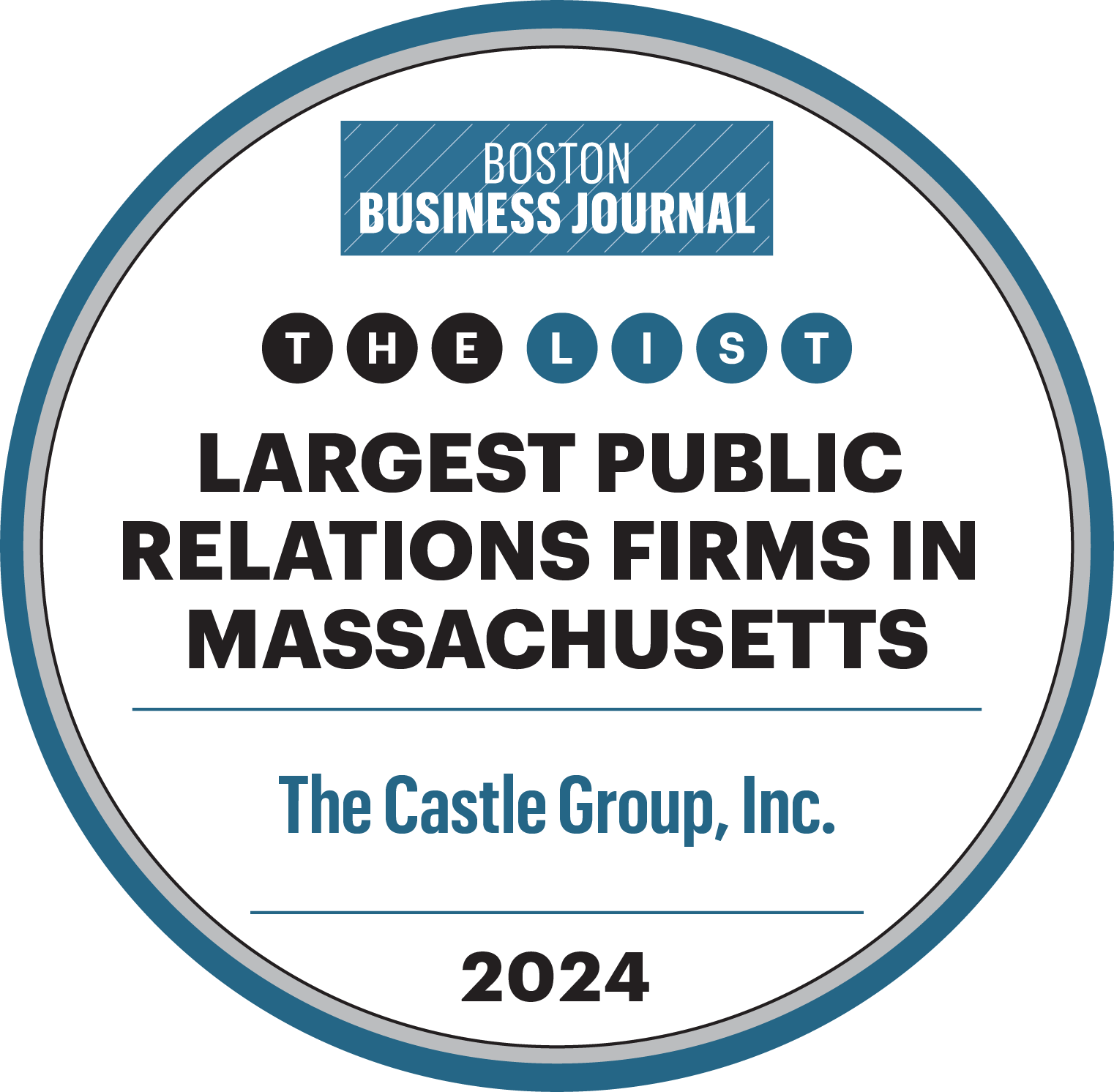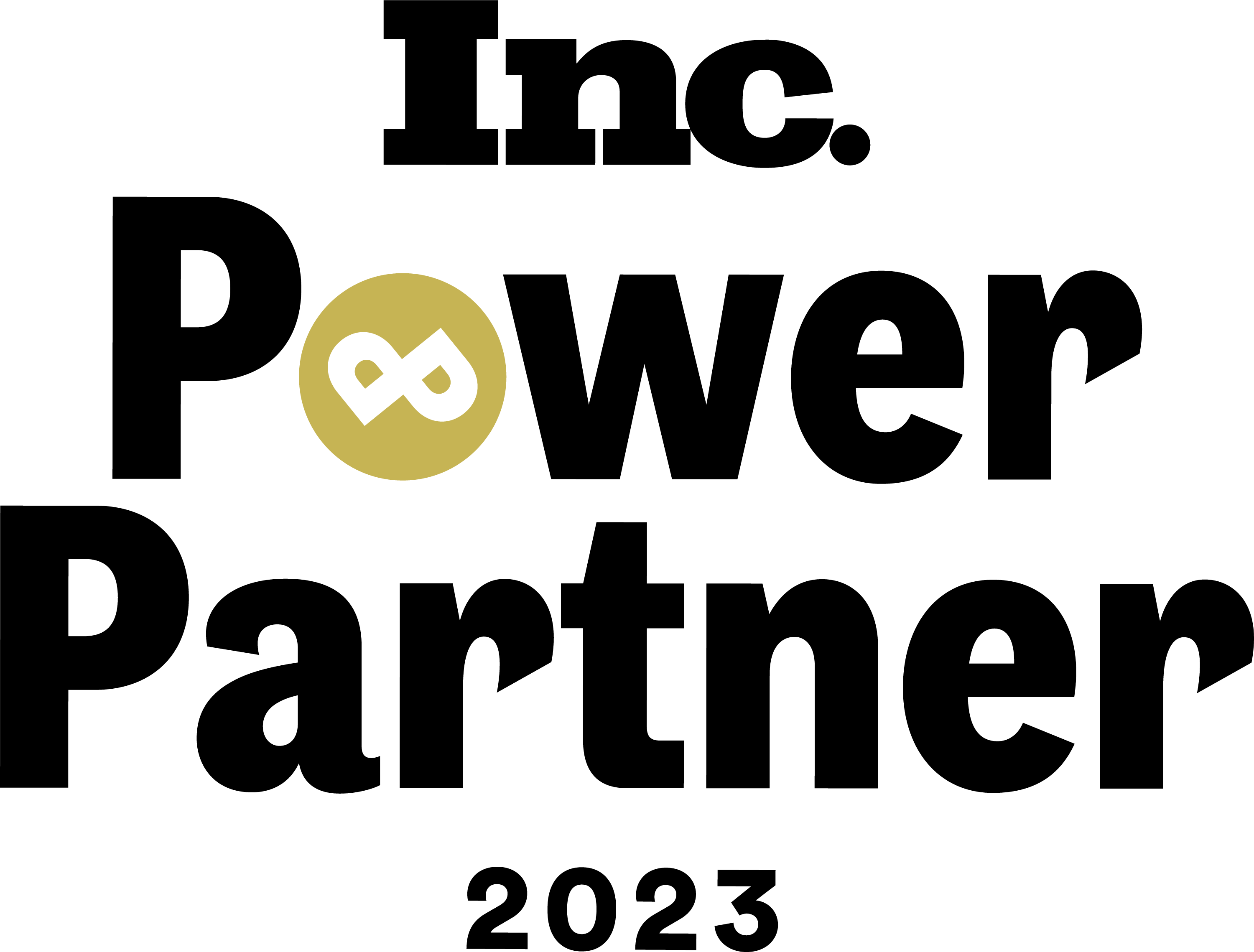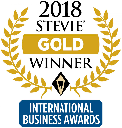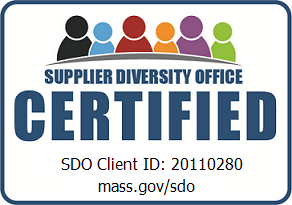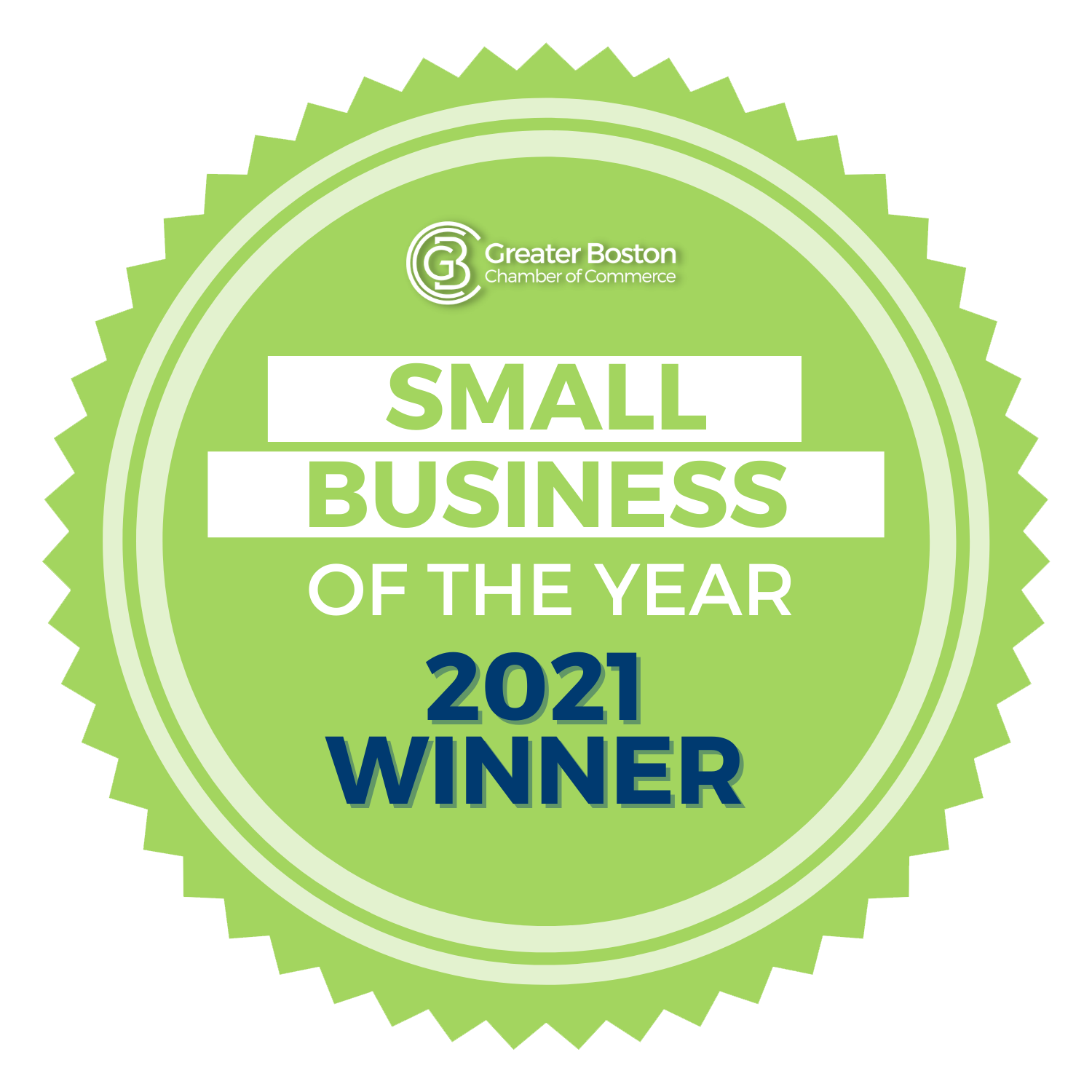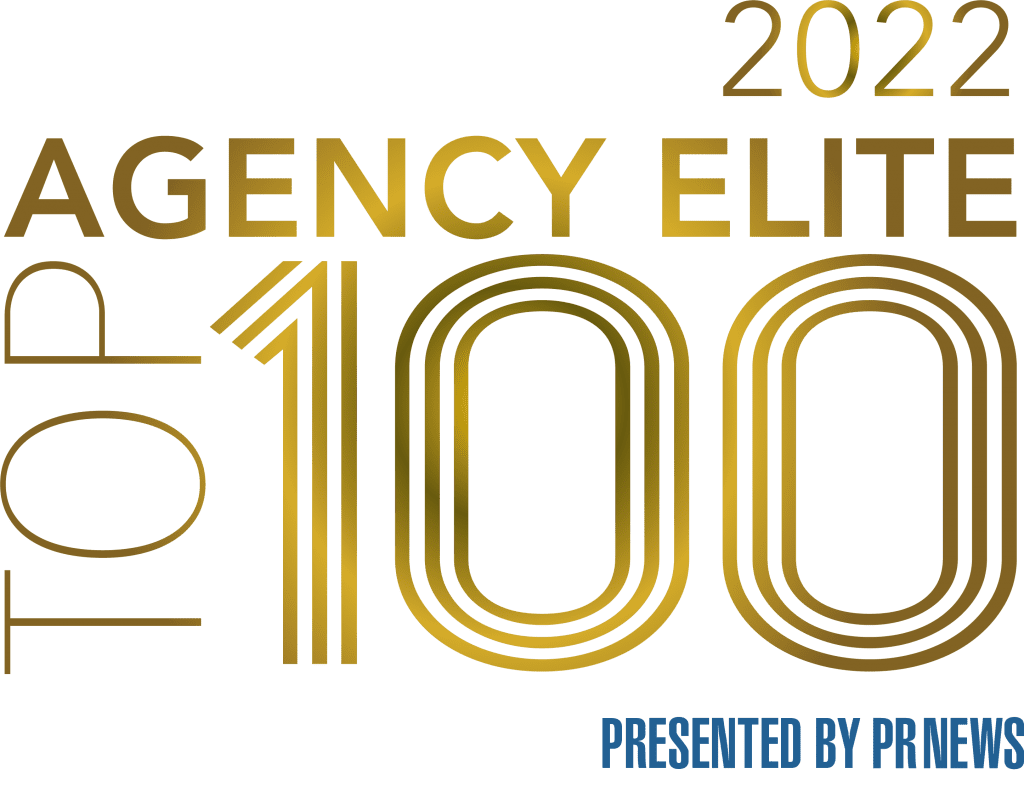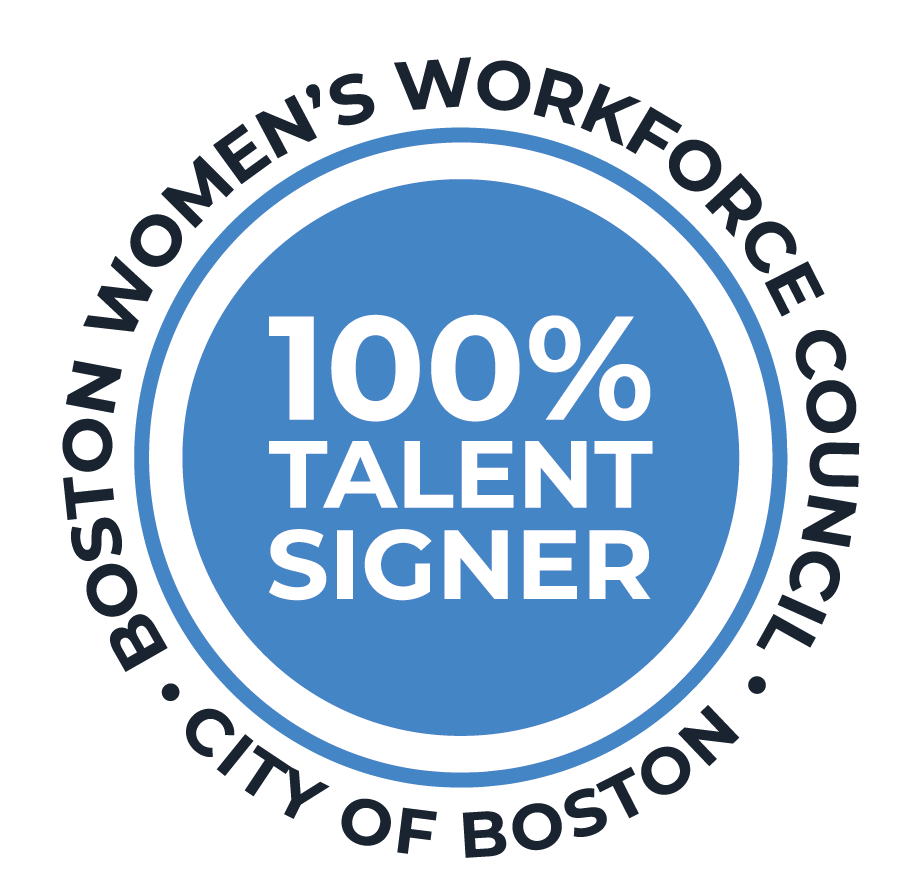Our world today is full of unknowns – rapidly expanding knowledge about this “never before seen” virus, constantly shifting policies and recommendations – all making this pandemic extremely difficult to navigate. To help clients with planning and decision-making, Castle has named three national medical experts to our COVID-19 Task Force. In just a short time, the results have already been “transformative,” according to one client.
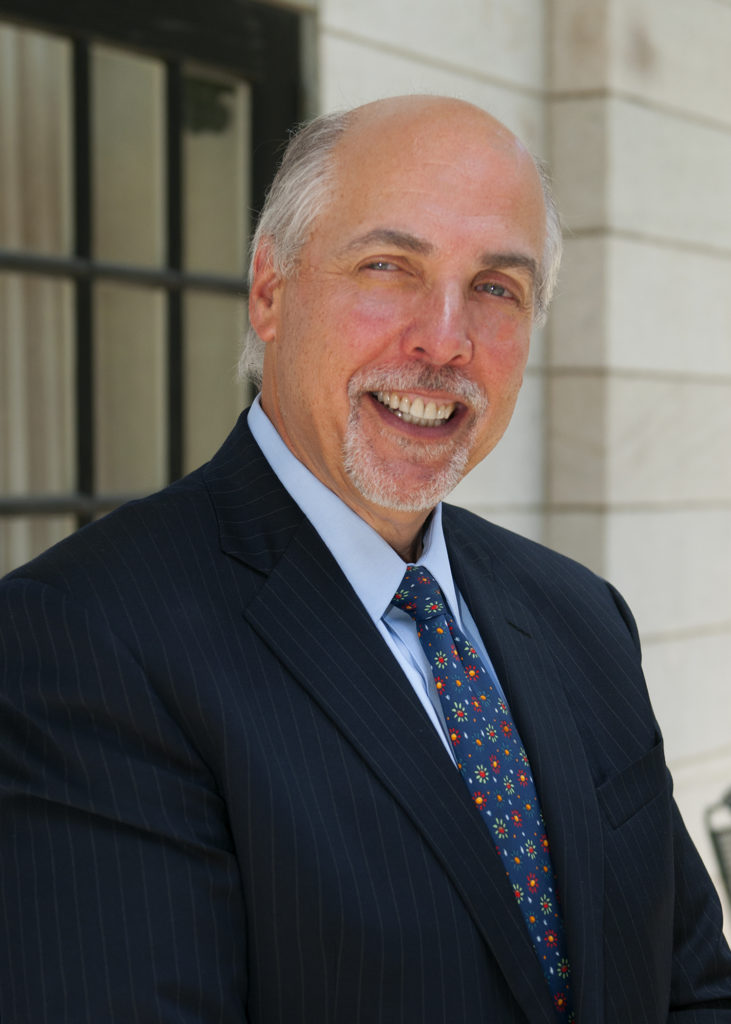
We sat down with one of our experts, Dr. Michael R. Jaff, to discuss some of the COVID-19 questions he is most frequently asked about from his corporate clients, friends and even family.
This is the first of three blogs covering our conversation.
The Castle Group: What is COVID-19?
Dr. Michael R. Jaff: COVID-19 is a family of coronaviruses. We’ve known about this family of viruses for a long time. The public has heard about several of these – SARS back in the early 2000s and MERS following that – but this is one that none of us have ever seen – CoV-2.
TCG: Why is everyone so worried about this virus?
MJ: In the beginning, we didn’t know how this virus was going to behave. Initially, before the virus hit the US, we really hadn’t learned much. Once we started to see the speed in which populations could get infected and the percentage of people who have died, we were able to get a clearer picture of how this compares to other viruses.
COVID-19 raises concerns because with a new virus, nobody has immunity. It spreads much faster than the common flu virus and is far more infectious than any other coronavirus that we’ve seen. There are serious consequences for a small but significant portion of the population who become very ill, require intensive care, and even die.
TCG: How did it get to be such a huge problem in such a short period of time?
MJ: Because we’re a mobile, global world, travel has caused the virus to spread through human transmission from city to city in China and then to other countries around the world.
TCG: Is there an effective test to diagnose COVID-19?
MJ: There are tests to make a diagnosis, but they are not 100 percent accurate yet. Some individuals with a negative test result still could have the coronavirus. The biggest challenges are there aren’t enough tests yet to go around and it can take days, even up to a week, to get results back. This makes it extremely difficult for health care providers on the front lines to make decisions about who to quarantine, who to put in a COVID unit, etc.
Some good news is that a newly released test from Abbott Labs, using a platform that they’ve had for a long time, is now going to be able to produce an on-the-spot test to determine if someone tests positive within five minutes and negative in less than 15 minutes. This will be a game-changer for hospitals and healthcare facilities. Most hospitals across the country have the device that contains rapid tests for influenza A and B, rapid strep screening, respiratory syncytial virus, etc. The COVID-19 test will be an additional test that is tested in this same device.
TCG: When will we have a COVID-19 vaccine?
MJ: While there isn’t a vaccine just yet, there is a ton of work is going on in a very short period to develop one. There are many candidates in the development and testing phases. One of the leading candidates is a Johnson & Johnson vaccine that, if it works, could be mass-produced by early 2021 to provide over a billion doses. Vaccines usually take five or more years to make it through testing and get approved, so relative to the norm, this is remarkable speed in creating a solution.
TCG: What treatment is available?
MJ: Unfortunately, there isn’t an effective anti-viral for COVID-19 right now, but there are countless strategies being developed to treat the virus. For example, a unique clinical trial sponsored by the World Health Organization is testing individuals in multiple nations at the same time with several potential therapies being randomized. By allowing various strategies in the same trial, they’re able to test thousands of patients from Seattle to New York to Milan to Wuhan and around the world and learn which ones are working and are safe. This is something that we’ve not seen before.
Another therapy that has been more publicly discussed is taking hydroxychloroquine, an anti-malarial drug, alone or in combination with azithromycin, commonly referred to as a Z-Pak. There are basic mechanistic reasons why this therapy should work either alone or in combination, but it is also in the clinical trial phase right now.
Although we are optimistic, these treatments will take time. But I do believe we will get results much faster than normal because so many people are candidates to enroll in these trials.
Coming next in the second of this three-part COVID-19 Q&A series: masks, blood transfusions and impact on the elderly.
For more information on our COVID-19 Task Force, visit /covid-19-crisis-response-task-force/ or connect directly with Sandy Lish (slish@thecastlegrp.com) or Philip Hauserman (pthauserman@thecastlegrp.com).


